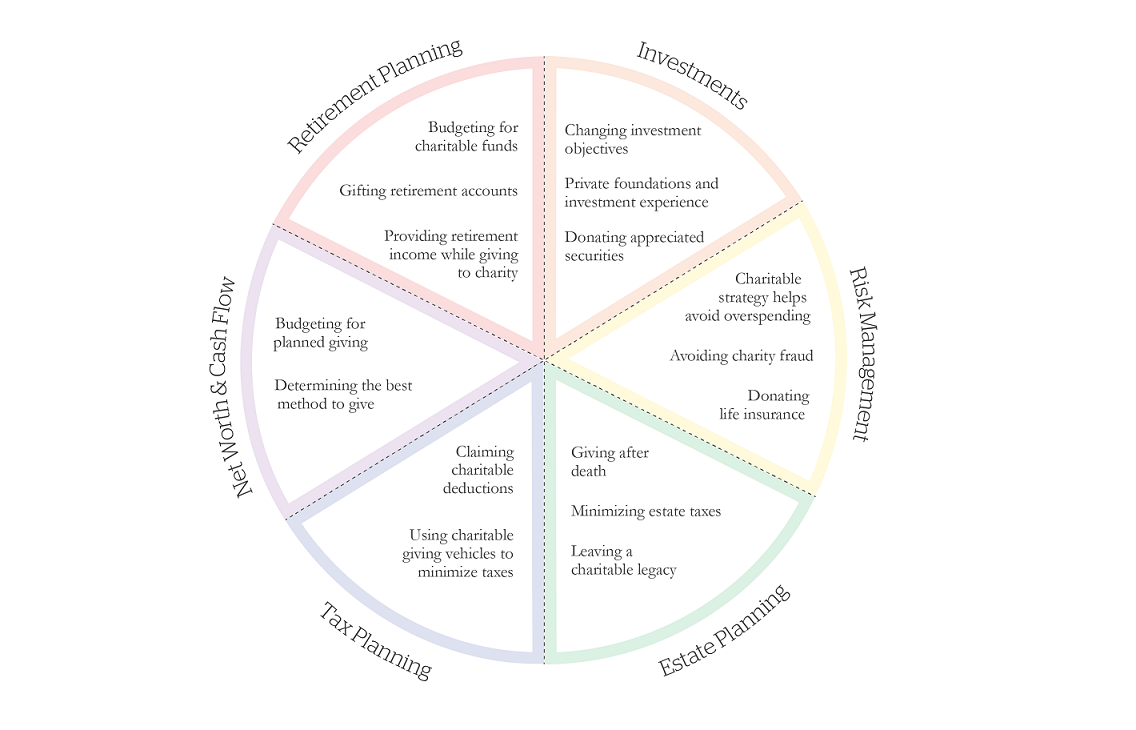Understanding Student Loans
Attending college or university is an exciting time, but it can also be expensive. Many students rely on student loans to fund their education. Student loans are financial aids that enable students to pay for their tuition fees, textbooks, and living expenses while studying.
Types of Student Loans
There are two main types of student loans: federal and private. Federal loans are offered by the government and typically have lower interest rates and more flexible repayment plans. Private loans, on the other hand, are provided by banks and financial institutions, and their interest rates and terms depend on the borrower’s credit history.
It’s important to research and compare different loan options before making a decision. Consider factors such as interest rates, repayment terms, and loan forgiveness programs. Remember, taking on student loans is a significant financial obligation that can impact your future.
Managing Student Loan Debt
Once you graduate or leave school, it’s time to start repaying your student loans. Here are a few tips to help you manage your student loan debt:
Create a Budget
Developing a budget is essential to ensure you can meet your loan repayment obligations. Track your income and expenses to determine how much you can afford to allocate towards your loan payments each month.
Explore Repayment Options
There are various repayment plans available, such as income-driven repayment or extended repayment plans. Research and understand the options provided by your loan servicer to find the one that best fits your financial situation.
Consider Loan Forgiveness
Loan forgiveness programs can help borrowers eliminate a portion or all of their student loan debt. These programs often require working in specific fields or meeting certain criteria. Look into available forgiveness programs and see if you qualify.
Communicate with Your Loan Servicer
If you’re struggling to make your loan payments, it’s crucial to reach out to your loan servicer. They may be able to offer alternative repayment options or temporary relief, such as deferment or forbearance.
Conclusion
Navigating student loans can be challenging, but with careful planning and research, you can manage your debt effectively. Understanding the types of loans available, creating a budget, exploring repayment options, and considering loan forgiveness programs are essential steps towards financial stability. Remember, responsible borrowing and timely repayment are key to successfully navigating student loans and building a strong financial future.





